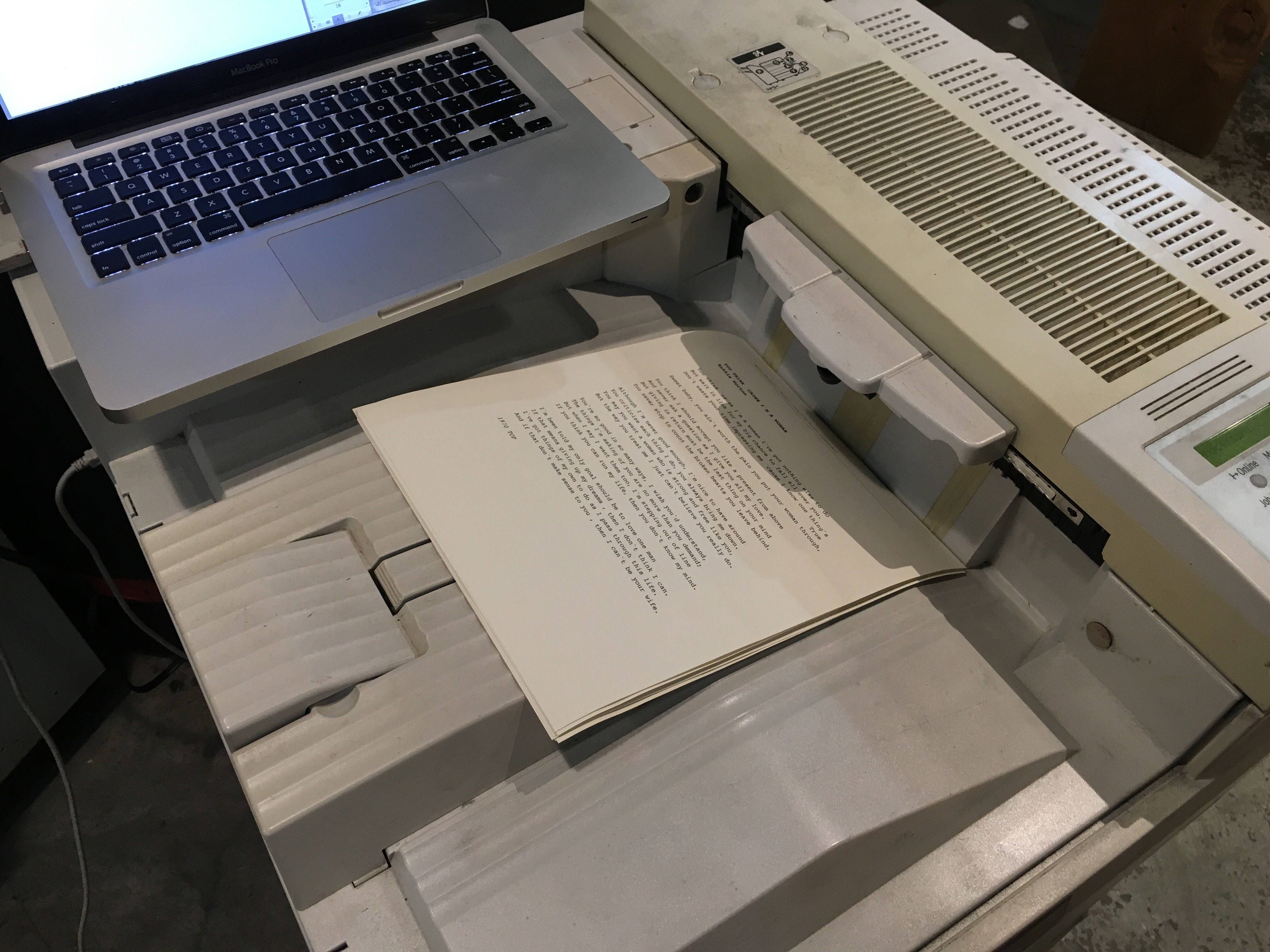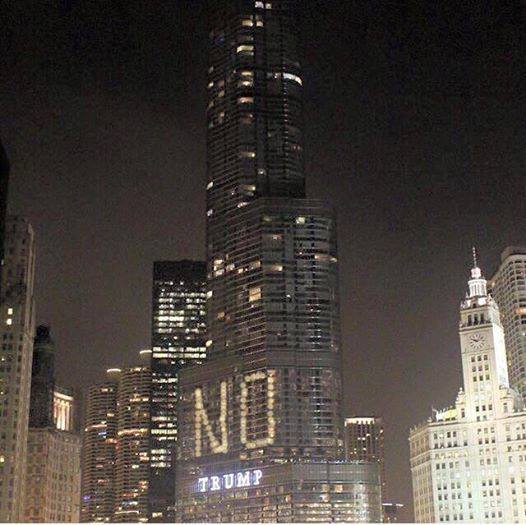“This is not to say that I deny membership in certain groups or communities. Not at all. But the ‘We’re here, too!’ agenda says nearly nothing to me about the real problems and conflicts in the world. The way those then-new orgs (especially in liberal Minnesota) attracted corporate ‘good works’-type funding–and pretty quickly professionalized their staffs–for me was a red flag. It was a good moment for Asian Americans looking for professional opportunities in the arts, but not for Asian American cultural workers whose political agendas overflowed the confines of identity assertion.” an excerpt from Anthony Romero and Dan S. Wang’s forthcoming conversation in print, The Social Practice That is Race

Against the Picture – Window: A Time of the Phoenix Compendium is rolling and ready for its release during the Young Patriots Uptown walking tour Friday afternoon in Chicago. Can’t wait! This book is fantastic.
BLACK GIRL – Shirley Clark
They call me black girl,
But yet, I am not black.
I say to myself , “why do they call me black?”
Black means something dead or bad.
I know I am not dead for I am breathing.
I don`t feel like I`m bad,I`m good.
But then again what is bad? What is good?
They call me black girl
I don`t understand.
I do understand that, that is my name
They put on me.
So be it me or not be it me.
I am proud, I stand tall, I am brave
And strong.
I cry , laugh, and reach out…
They call me Black Girl.
1973 TOP
from Against the Picture – Window: A Time of the Phoenix Compendium

It’s really easy to think that there are no tools at our disposal to speak truth to power. Sometimes we remember the light switch is right at our fingertips.
The other night workers in one of Donald Trump’s Chicago buildings knew they had the power to shine a light on Trump’s racist, violent arrogance. (man… so many puns available with this one.)
Listening to Philip Cohran and the Artistic Heritage Ensemble in the shop right now. I can’t begin to express how artists like Cohran, and the general orbit of the AACM (Association for the Advancement of Creative Musicians) has affected my art practice and how I approach, not just the conception of Beyond Repair, but my life in general.
In my first, and pretty much only, year of college I was fortunate enough to have Archie Shepp as a professor. I could go on all day about the many ways, artistic and political, that Archie changed my life. But for the sake of this post, I’ll say, were it not for him I might not have known about the AACM, Art Ensemble of Chicago, Muhal Richard Abrams, or Philip Cohran, among many others.
How does an art practice change when you purposefully attempt to skirt the boundaries of formalization, of economy, of notions of excellence that often create hierarchies that devalue individual and social life? And how does such an art practice begin to, however slightly, begin to change its surroundings and associations?
The influence of the work of the many folks in league with the AACM have, among others, allowed me to see where that can take you and what it can achieve over time. You may not make a lot of money. And likely people will think you’re a bit crazy, or stubborn, but things change. People change. New worlds become visible.